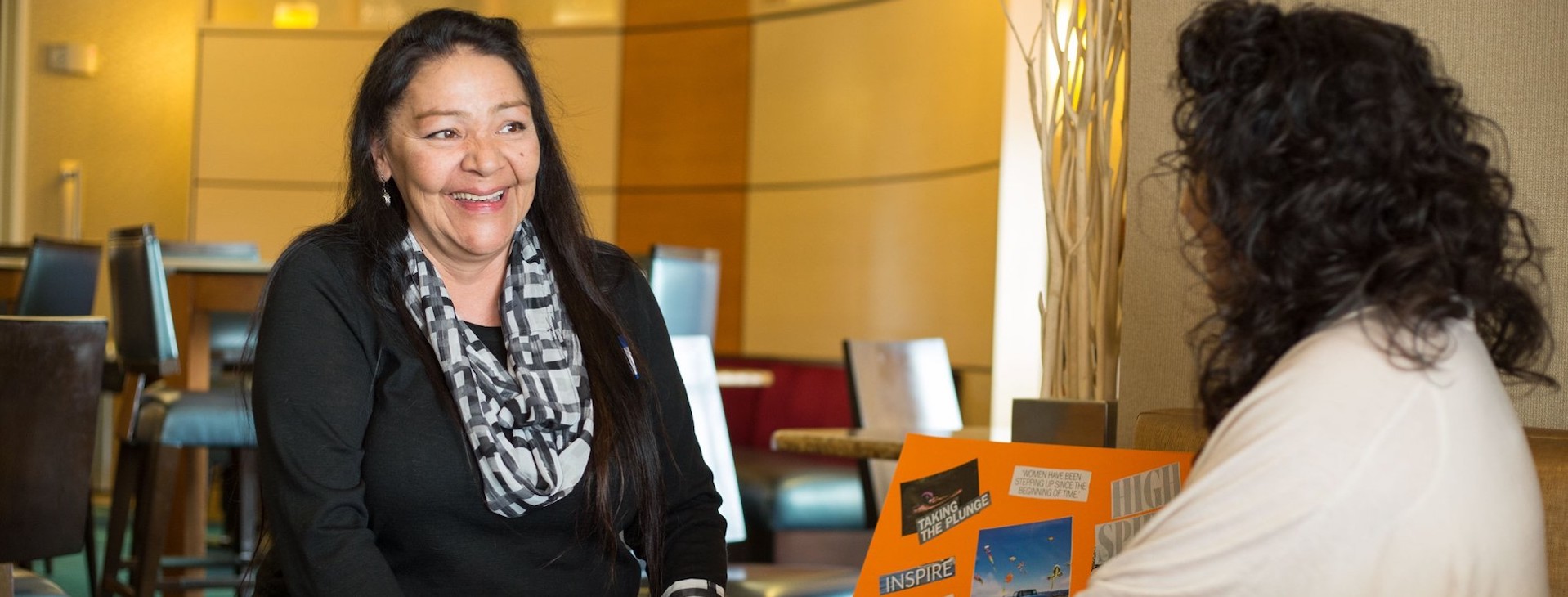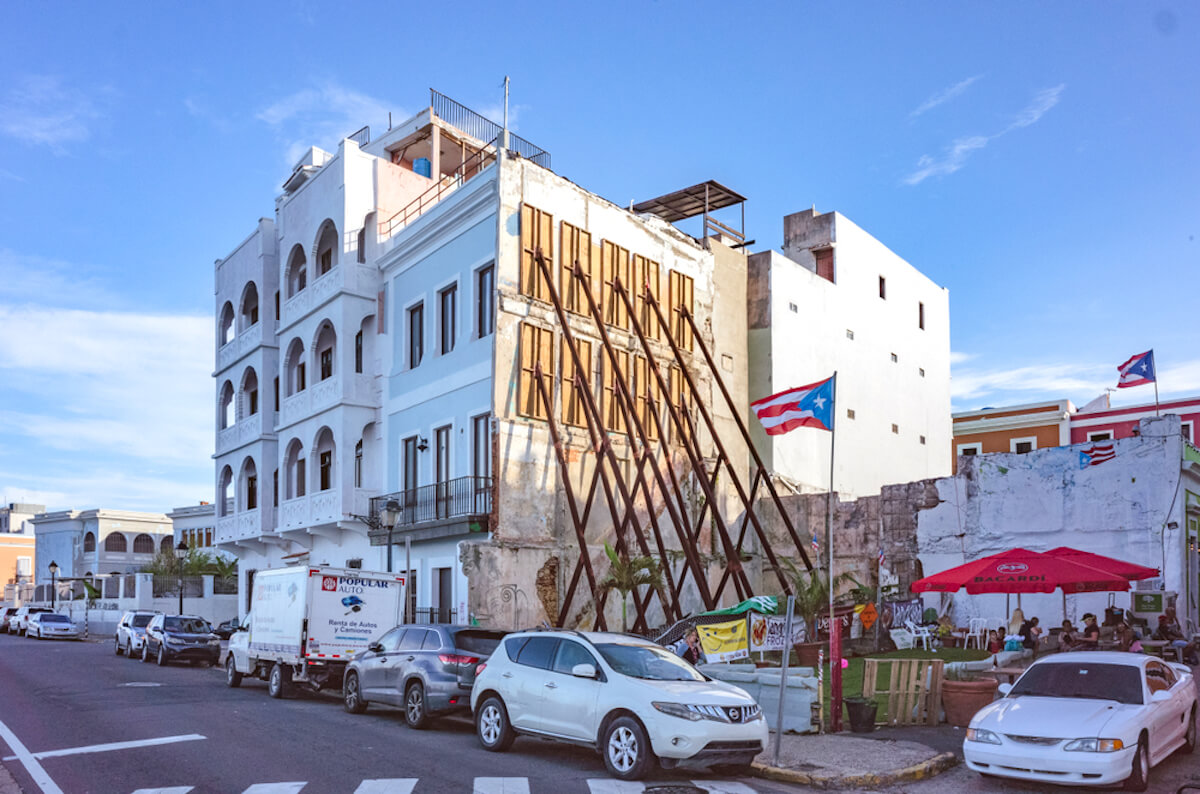ImpactAlpha, August 22 – A loan for sustainable eel farming in Maine. Small business financing for Indigenous women founders. Collateral-free kinship lending on the Navajo Nation. More than 70 Native-led community development financial institutions, or CDFIs, funds and nonprofits are opening new channels of capital for Indigenous communities.
Native-led fund managers, entrepreneurship incubators and technical assistance providers also are working to reverse a decades-long decline in funding for Indigenous communities.
The growing ecosystem of Native-led intermediaries represents a breakthrough in access to finance in Indian Country.
“There’s always been a hit or miss between Native entrepreneurial goals and capital goals,” says Kate Finn of First People’s Worldwide, an author of the report, “Indigenizing Catalytic Capital.” “Now there are some very strong Native-led intermediaries with the trust and ability to deliver capital in ways that are consonant with Indigenous leadership and self-determination.”
Funding the funders
Over two decades, the nonprofit Oweesta Corp. has built the capacity of Native-led CDFIs and lenders with low-cost capital and business support. Its portfolio includes NDN Collective, which invested in an eel farming venture by the Passamaquoddy Tribe in Maine; and the Lakota Federal Credit Union, which created a bank-on-wheels for residents of the Pine Ridge Reservation in South Dakota.
Oweesta in January provided $4 million to expand the mortgage and business lending capacity of Council for Native Hawaiian Advancement. The CDFI has been raising and directing donor support to Native communities affected by the wildfires in Maui.
Investing in women
Businesses run by Native women generate roughly $12 billion in revenue and employ about 65,000 people. Albuquerque-based Native Women Lead is addressing Native women-led businesses’ lack of access to capital and resources that has curbed their growth potential.
The nonprofit has a series of “relationship-based” funds that support small business owners at different stages of growth. Its Matriarch Creative Fund offers loans of up to $10,000 to female artists, makers and other creatives, and its Matriarch Restorative Fund provides $10,000 to $50,000 at just 3% interest.
A grant from NDN Collective enabled Native Women Lead to forgive portions of its loans to reliable borrowers. A new grant from Comcast will kick-start a new fund for larger businesses.
“These types of catalytic funding are helpful not just for our capacity, but for our grace,” Native Women Lead’s Jaime Gloshay told ImpactAlpha in April.
Tapping federal funding
Navajo-led Change Labs has brought business support services and workshops to the largest tribal reservation in the US for nearly a decade. In June, it opened the doors of its Tuba City-based entrepreneurship hub.
“It’s a symbol of permanency,” Change Labs’ Heather Fleming told ImpactAlpha.
The organization has its sights on the $89 million earmarked for Navajo businesses under the American Rescue Plan’s State Small Business Credit Initiative. Change Labs’ proposal includes a collateral-free kinship lending program with Nusenda Credit Union; a matching loan fund with Native Community Capital; and an equity-based micro-venture fund for Navajo entrepreneurs.











